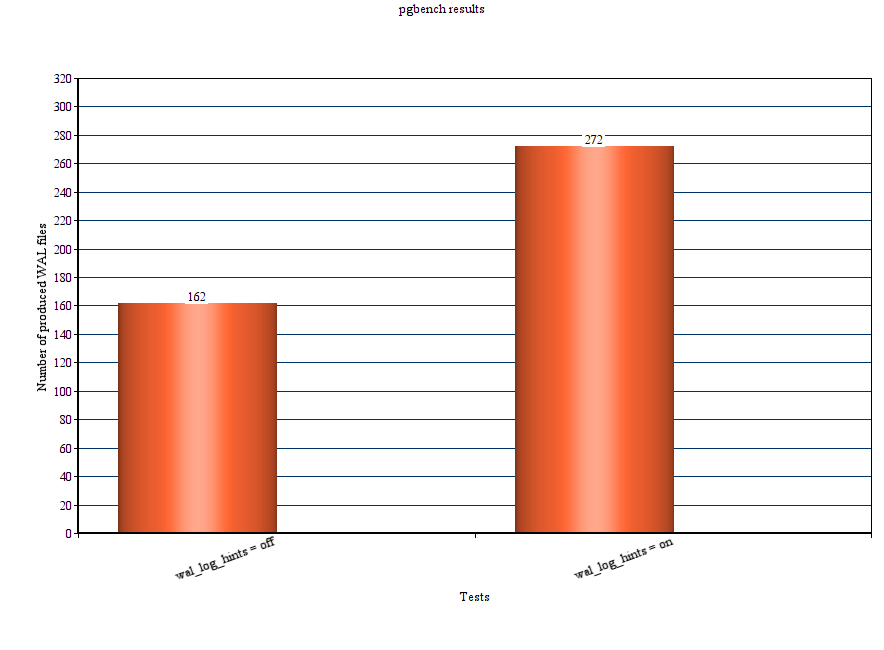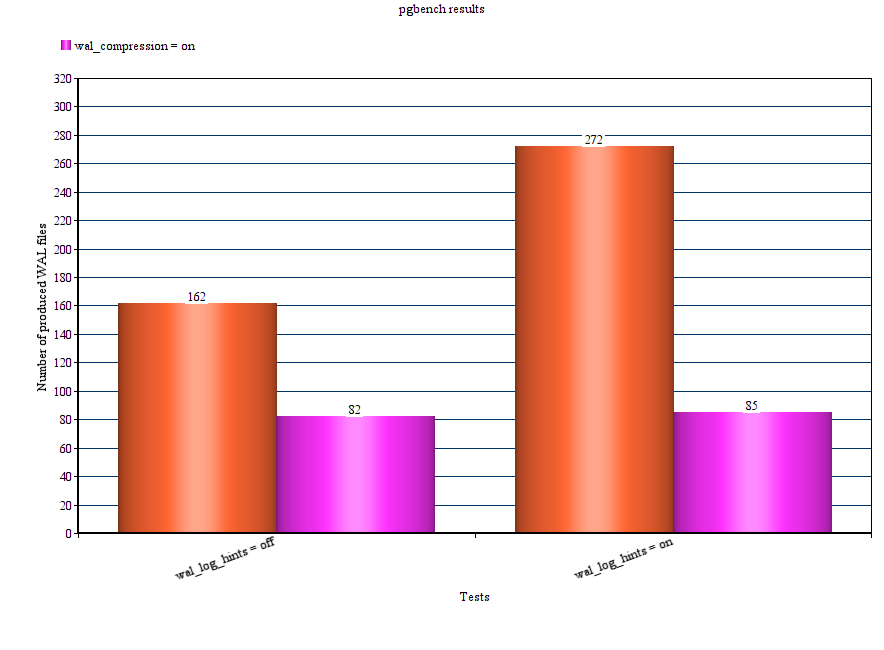Last update: 2019-06-14 12:05:56 +0200 - add definition of wal_log_hints
Intro
I find ‘pg_rewind’ to be a cool feature that appeared in Postgres 9.5 in the master-replica landscape. It is a good ally in managing master-replica databases.
The manual defines it this way: synchronize a PostgreSQL data directory with another data directory that was forked from the first one.
I am of the opinion that that feature is very handy in some cases, but I will talk about it another day because today I would like to talk about something related to it: wal_log_hints.
Wal_log_hints is a Postgres configuration parameter that needs to be enabled in order to use pg_rewind. Also it is needed when one wants to use data checksum.
It is defined as:
wal_log_hints (boolean)
When this parameter is on, the PostgreSQL server writes the entire content of each disk page to WAL during the first modification of that page after a checkpoint, even for non-critical modifications of so-called hint bits.
If data checksums are enabled, hint bit updates are always WAL-logged and this setting is ignored. You can use this setting to test how much extra WAL-logging would occur if your database had data checksums enabled.
This parameter can only be set at server start. The default value is off.
Basically, to be able to use data checksum or pg_rewind features, more information is needed to be recorded in the WAL files, and that usually comes at a price in terms of performance and resources.
As usual here at Portavita we like to make informed decisions, so I took my time to get some numbers.
It might not represent a production load, but it should give us some directions.
The tests
I used our beloved pgbench tool to run the tests. I ran it first to initialize the data, then I ran it again to query. Nothing special here.
I counted the number of produced WAL files after each run.
As side note, I should mention that checkpoints are called a couple of times over each run and I did not notice much difference in CPU usage over the tests.
The Setup
Relevant part of the config file:
checkpoint_completion_target = 0.9
max_wal_size = 1536MB
wal_log_hints = off
The first test runs as baseline.
pgbench -i -s 100
It produces 76 WAL files
pgbench -c 4 -s 100 -j 1 -M prepared -b tpcb-like -T 60
Brings the total produced files to 162
wal_log_hints = on
pgbench -i -s 100
It produces 176 WAL files
pgbench -c 4 -s 100 -j 1 -M prepared -b tpcb-like -T 60
Brings the total produced files to 272

It means that wal_log_hints costs us 67% more space, disk workload, and eventually network when WAL files are archived remotely.
That’s a lot. It might be for a good cause, but still is a lot.
There’s more..
But… Wait.
In the last article we talked about wal_compression, and how cool is that. And how much we can save using it.
So I tried to repeat the tests while wal_compression was enabled.
wal_log_hints = off
produced 82 WAL files
wal_log_hints = on
produced 85 of them

Conclusions
If you are already using wal_compression then to enable wal_log_hints comes cheap, and that paves the way to pg_rewind and data checksum, both worth exploring.
If you instead are using default settings for wal_compression (off), then to enable wal_log_hints will come at a price and I suggest to you to keep a close eye to performances and disk space.
Ideas or comments? You can find me on Linkedin